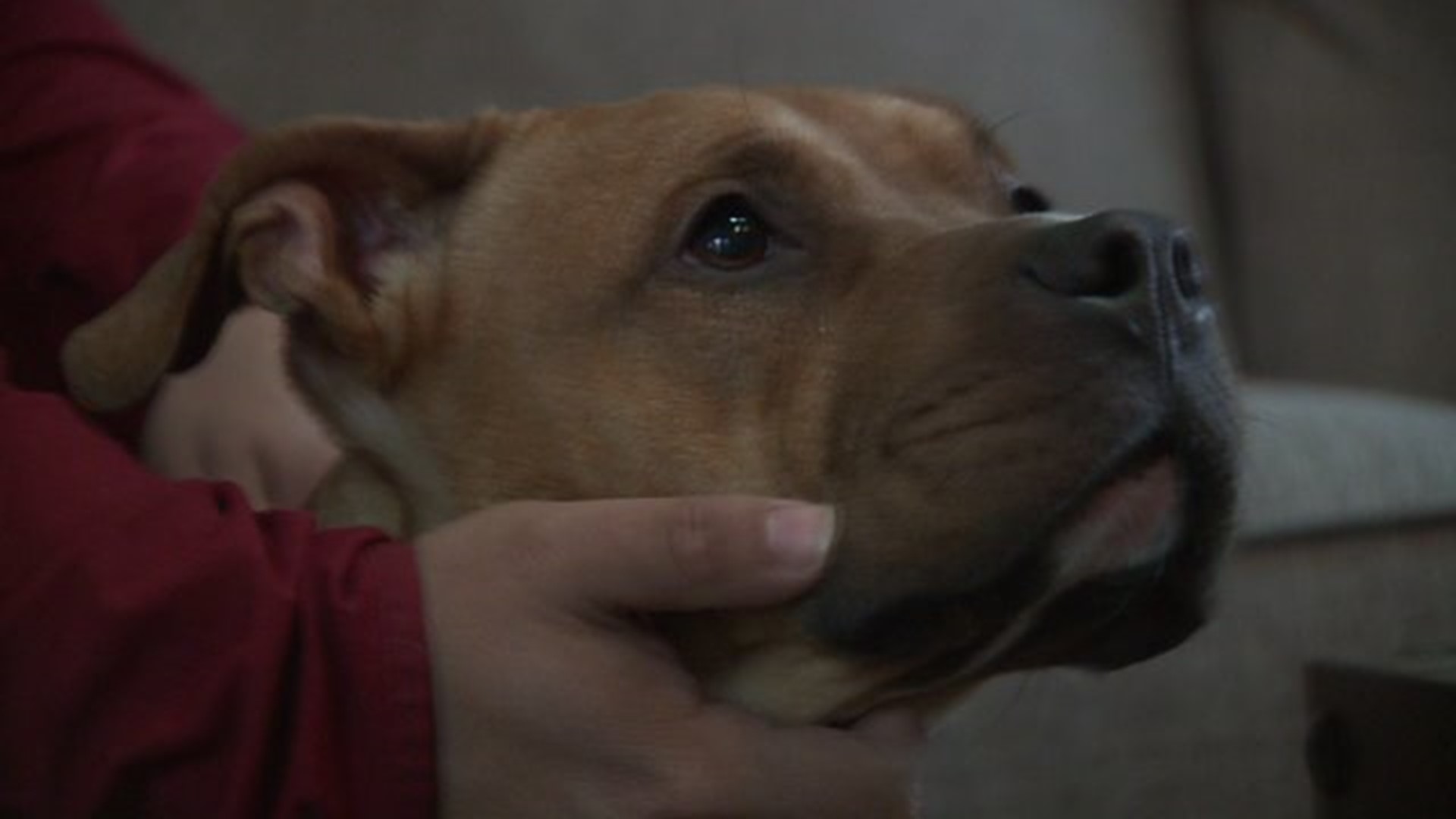BETTENDORF, Iowa – Veterinarians are sending a warning to pet owners. A deadly bacterium is on the rise in several states, including Illinois.
Leptospirosis is spread through wild animal's urine and can also be found in standing water. Dogs can spread the bacteria by sharing water bowls.
The bacteria can also cause liver and kidney damage. If left untreated it can be deadly.
Jon Torronez rescued his five-year old dog named Rousey from the Quad City Paws three years ago. Since then, the two have been best friends. Torronez makes every effort to keep Rousey healthy and hearing about the outbreak has him on the lookout for any potential harm.
“You can get mono from sharing saliva with another person and you never think about it with a dog. Now, I definitely will,” said Torronez.
Other pet owners are also keeping a closer eye.
“Dogs are curious and like to sniff around and put things in their mouth so I’m constantly watching,” said dog owner, Lindsay Regehr.
More cases of leptospirosis are being reported in the Chicago area.
Veterinarians from City Line Veterinary Clinic in Moline, Illinois say they only see a handful of cases in the Quad Cities every year.
Veterinarians say the bacteria acts like the flu in your pet.
“Symptoms include an increase in thirst and urination, fever, vomiting, diarrhea and yellowing on the skin,” said Dr. Jeremy Hoyt with City Line Veterinary Clinic. “Dogs can also become depressed or display signs of anorexia.”
Dogs that may be at a higher risk of leptospirosis are:
- Dogs that frequent standing water or flooded areas.
- Outdoor dogs that hike, swim or drink in natural bodies of water.
- Dogs that interact with other dogs (dogs shows, dog parks, pet-boarding).
- Dogs that come in contact with other animal species.
Dr. Hoyt says the best way to protect pets is to get them vaccinated. There are multiple strains of Leptospirosis. Some types of the leptospirosis vaccine are included in distemper shots.
“It wouldn't hurt to make sure she's taken care of. I want her around for a long time,” added Torronez.
Humans can also contract leptospirosis. The disease can be treated with antibiotics for both dogs and humans.
California and Arizona are also seeing an increase in leptospirosis cases.

